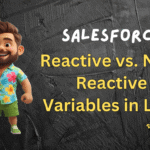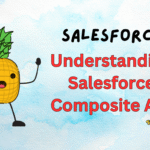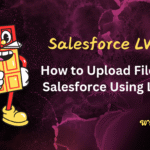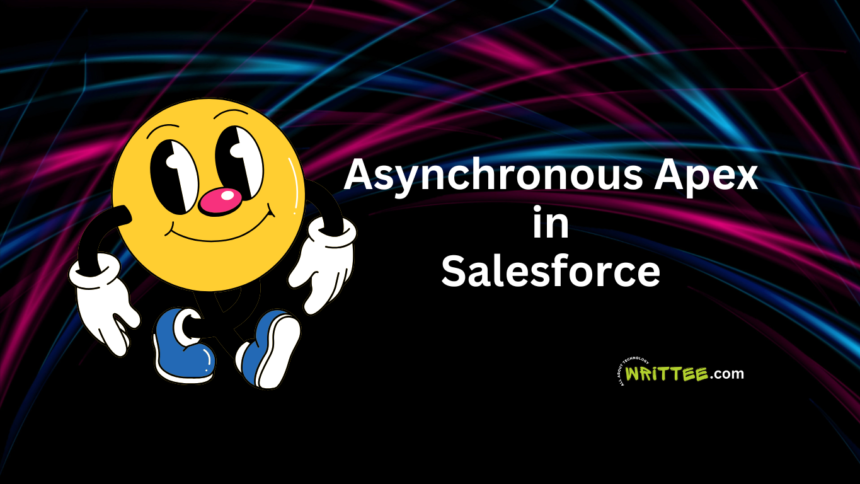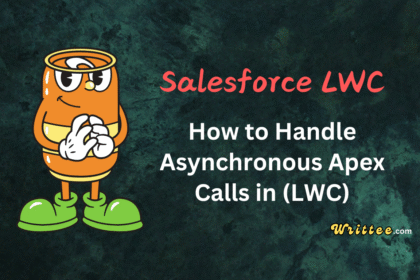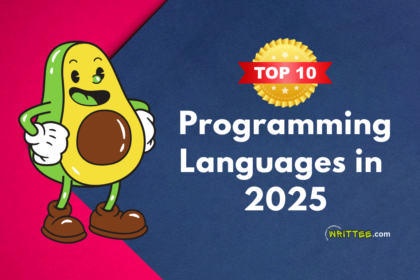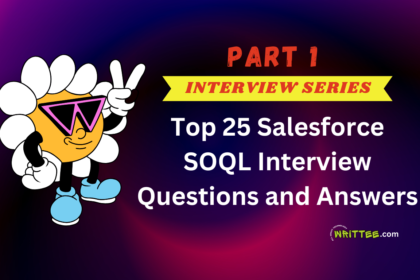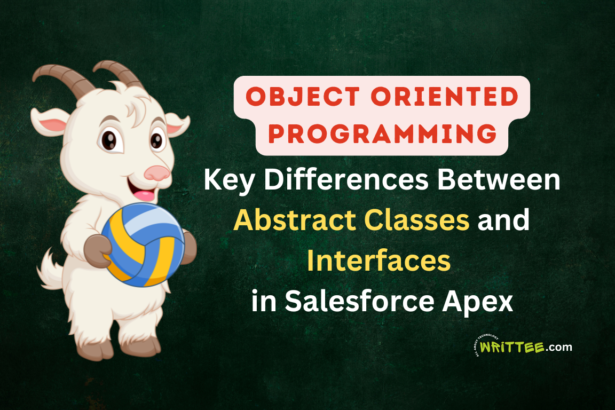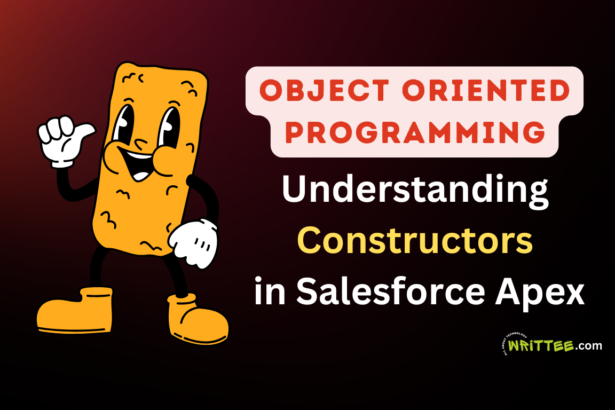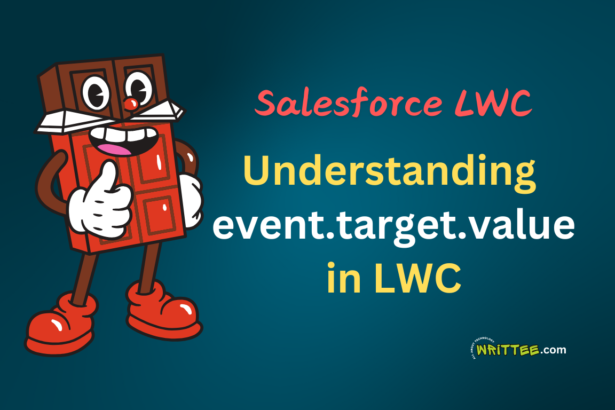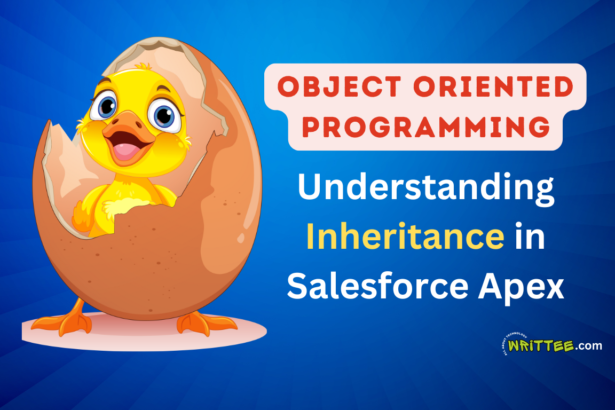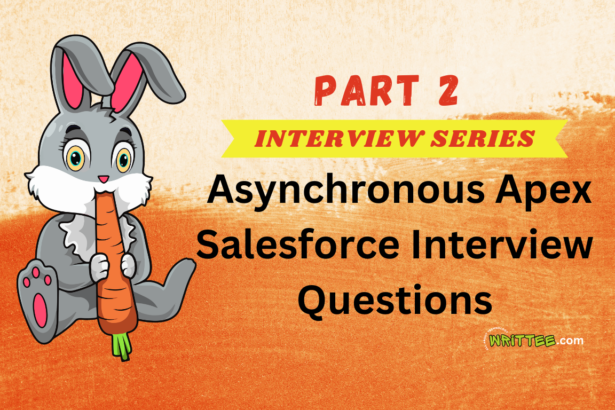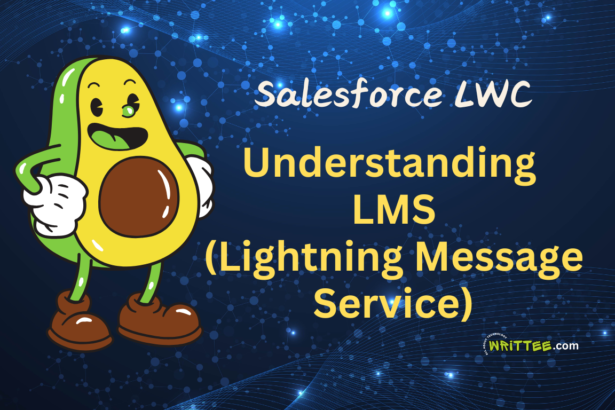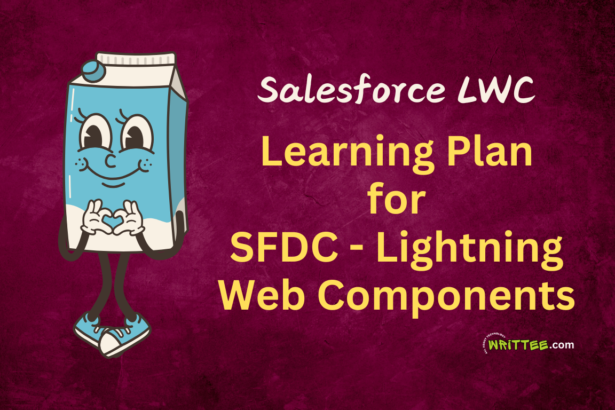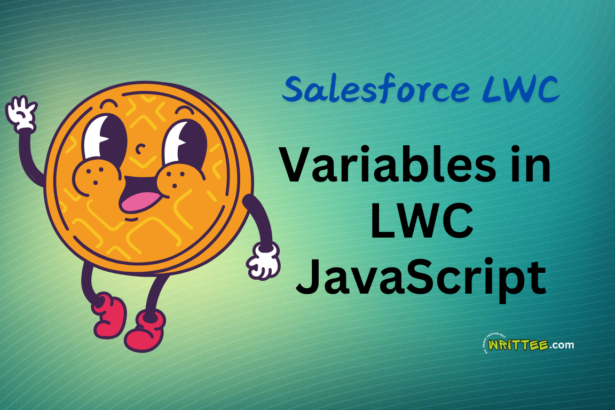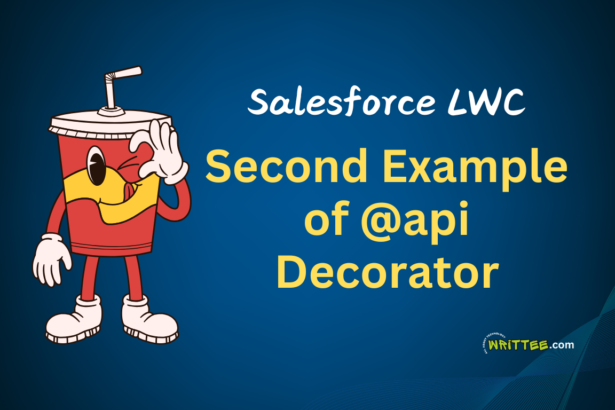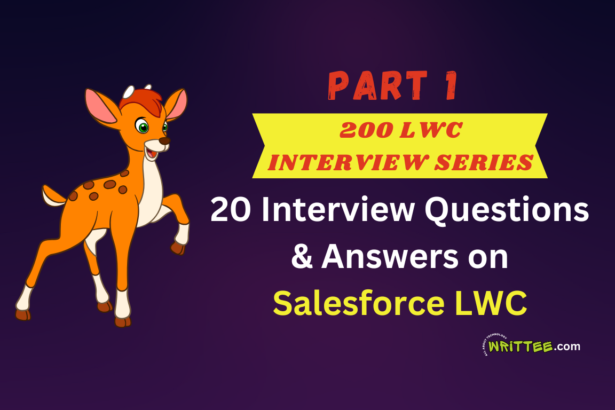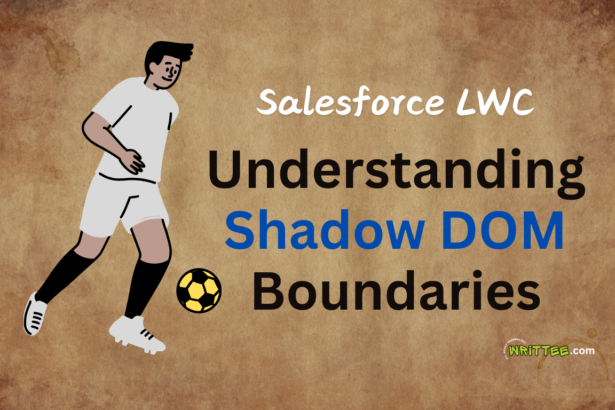Must Read
Asynchronous Apex in Salesforce
Introduction Salesforce’s Apex programming language is known for its robust capabilities in managing business logic.However, some operations—like processing large datasets or making external API calls—can be time-consuming and might exceed…
Stay Ahead with Writtee.com’s Exclusive Newsletter!
- •Stay Updated: Get the latest trends and advancements in technology, education, and productivity tools.
- •Boost Your Knowledge: Access insider information to gain a competitive edge in your field.
- •Save Time & Increase Productivity: Discover resources designed to simplify tasks and maximize efficiency.
- Sign up today to stay informed, inspired, and ready to achieve your goals!
- Note: If you’re experiencing any issues with the subscription form, feel free to contact us directly.
More Blog Content
Key Differences Between Abstract Classes and Interfaces in Salesforce Apex
Introduction When working with abstraction in Salesforce Apex, you’ll often use abstract classes and interfaces. Both are used to define…
Understanding Polymorphism in Salesforce Apex
Introduction Polymorphism is one of the fundamental principles of Object-Oriented Programming (OOP) that allows objects…
Understanding Constructors in Apex: A Key OOPS Concept
Introduction If you're learning Salesforce Apex, you've probably come across the term constructor. It might sound…
Understanding event.target.value in Salesforce LWC
Introduction When working with Lightning Web Components (LWC) in Salesforce, you’ll often need to handle user input,…
Understanding Inheritance in Salesforce Apex
Introduction Inheritance is one of the core concepts of Object-Oriented Programming (OOP) and is also supported in…
25 Salesforce Interview Questions on Asynchronous Apex – Part 2
Introduction Welcome to Part 2 of our series on Asynchronous Apex Interview Questions!In this post, we’ll build on…
Understanding Lightning Message Service (LMS) in Salesforce LWC
Introduction Lightning Message Service (LMS) is a powerful feature in Salesforce that allows seamless communication…
Learning Plan for Salesforce Lightning Web Components (LWC)
Introduction Salesforce Lightning Web Components (LWC) have become a cornerstone for modern Salesforce development, offering…
Understanding Variables in LWC: var, let, and const
Introduction Lightning Web Components (LWC) uses JavaScript as its core programming language, and working with…
Salesforce LWC – Second Example: Deep Dive into @api Decorator
Introduction Lightning Web Components (LWC) offer seamless communication between parent and child components, making it…
20 Essential Salesforce LWC Interview Questions for Developers – Part 1
Introduction Lightning Web Components (LWC) are a must-know for Salesforce developers, especially in technical interviews.…
Understanding Shadow DOM Boundaries in Salesforce LWC
Introduction In Lightning Web Components (LWC), the Shadow DOM plays a key role in encapsulation.…





